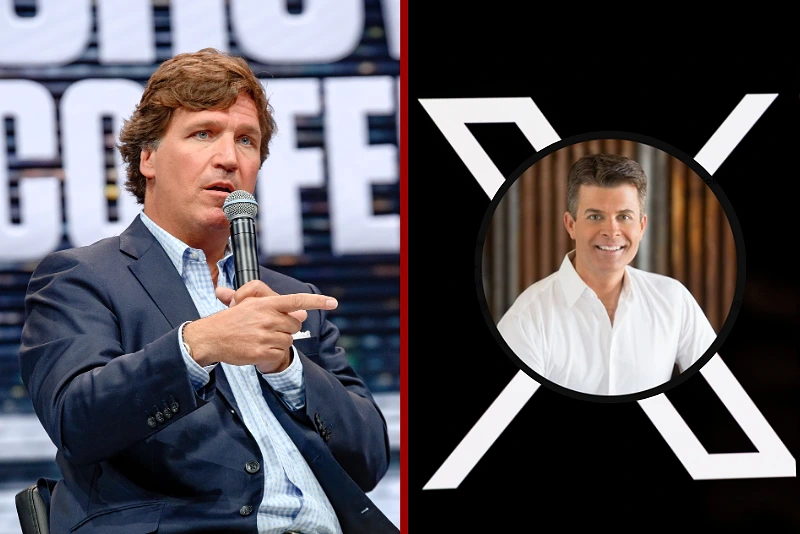Maryland Gov. Larry Hogan has "very advanced" and "very aggressive" cancer of the lymph nodes, but he said Monday he will continue to work as the state's chief elected official.
Hogan said the cancer is B-cell non-Hodgkin's lymphoma. He says it may be Stage 4, or at least a very advanced Stage 3.
He spoke at a hastily organized news conference in Annapolis, surrounded by members of his family and cabinet.
Hogan, a Republican who took office in January, says he's "shocked" by the news.
At the news conference with his wife, daughters, sons-in-law and granddaughter, Hogan said that he had noticed a painless lump along his jaw earlier this month. He also felt some back pain, which, he said, was caused by a tumor pressing on his spinal column.
While vowing to continue to work, Hogan allowed that he will miss days of work while undergoing intensive chemotherapy. He said he will lose his hair — "I won't have these beautiful gray locks" — and maybe lose some weight.
Hogan says his doctors have told him he has a good chance of beating the disease.
He was mostly upbeat at the news conference, joking that his odds of beating cancer were better than his chances were of beating his Democratic opponent as an underdog in last fall's election, or of repealing the state's so-called rain tax.
He says he's been feeling good and has had few symptoms, but has tumors, a low appetite and some pain. Chemotherapy is planned.
Hogan said he will miss some meetings while he undergoes chemotherapy, but won't stop working, like thousands of other Americans who undergo cancer treatment and stay on their jobs.
"I'm still going to be constantly involved" in running the state, Hogan said, adding that Lt. Gov. Boyd Rutherford will fill in more for him. "Boyd has my back," he said.











